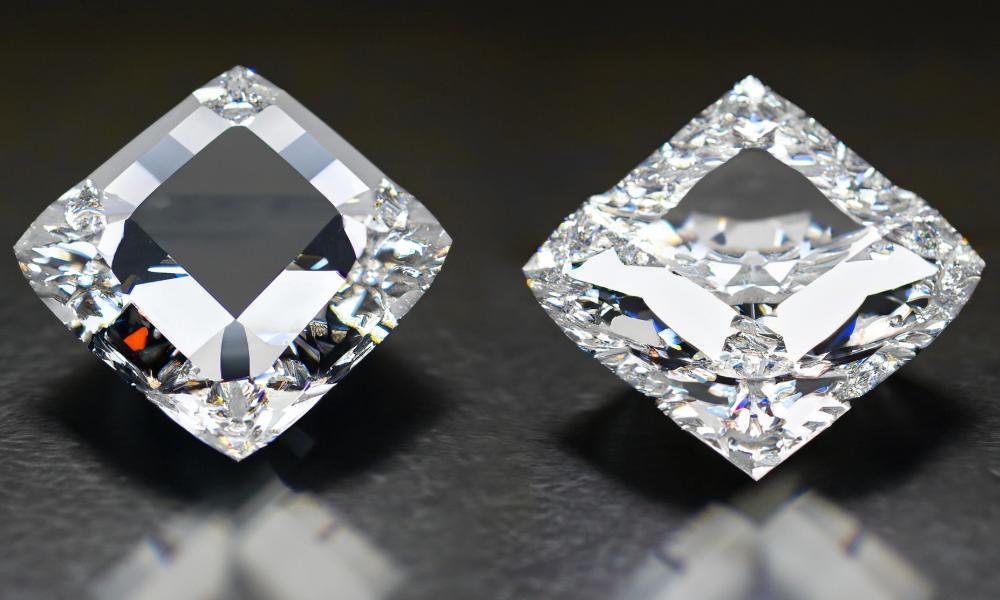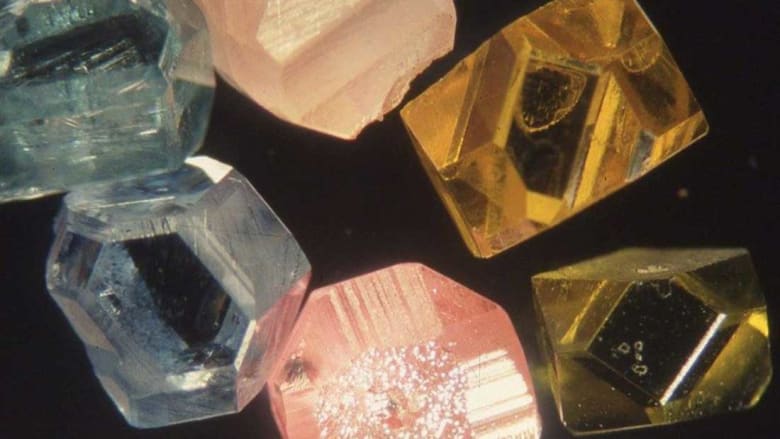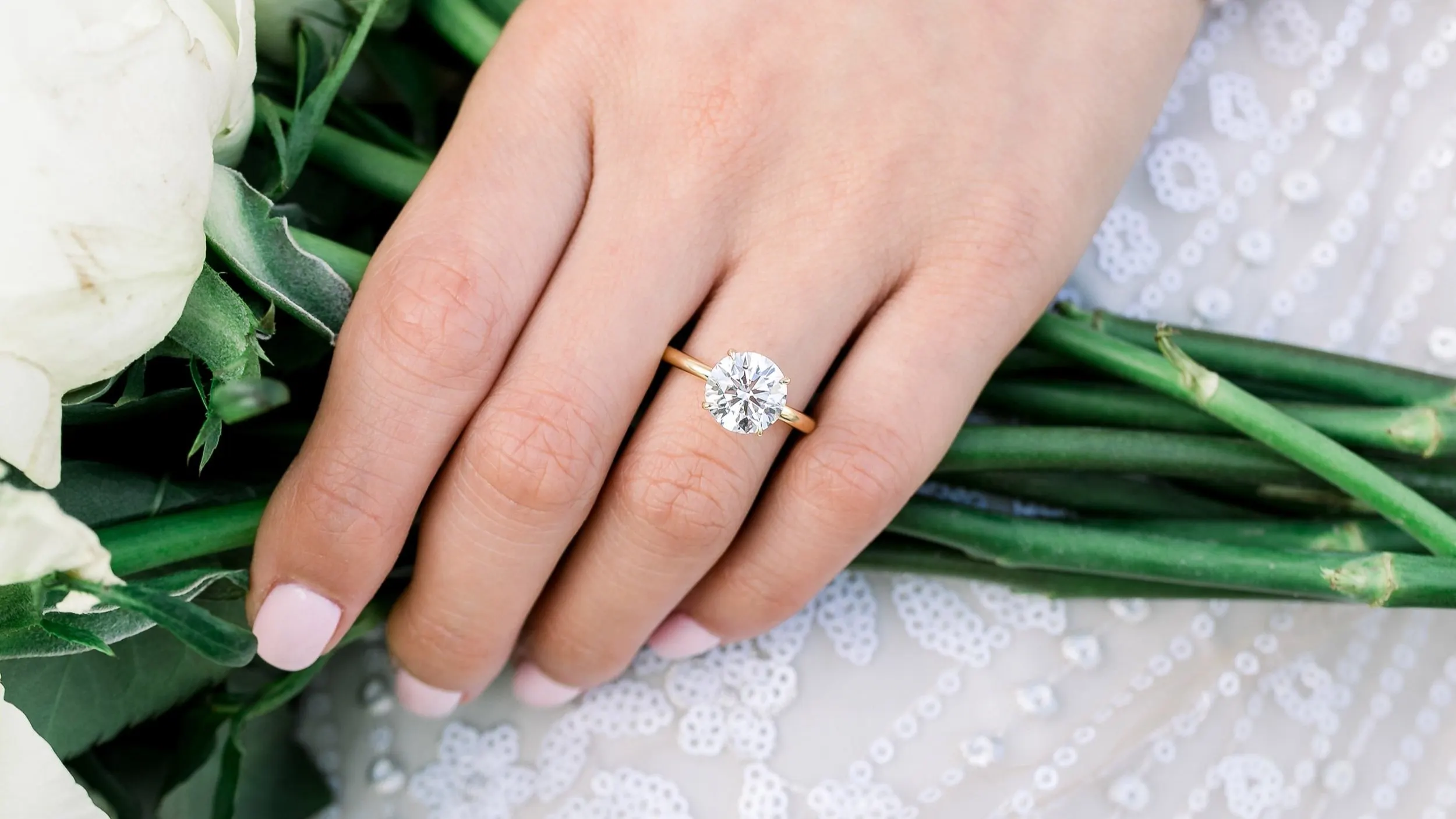Introduction
So, you’re in the market for a sparkling gemstone but can’t decide between the classic diamond or the radiant white sapphire? Both gems hold allure and charm, but they differ in various aspects that might sway your decision. Let’s delve into the world of white sapphire versus diamond to uncover the nuances and help you make an informed choice.
Properties of White Sapphire
Composition and Structure
White sapphire, a variety of corundum, comprises aluminum oxide with trace elements lending it a pristine appearance. Its crystalline structure contributes to its durability and brilliance, making it a popular choice for jewelry.
Color and Clarity
Unlike its colorful counterparts, white sapphire boasts a colorless allure akin to a flawless diamond. Its clarity, often free of inclusions, enhances its brilliance and transparency, captivating admirers with its pure radiance.
Hardness and Durability
White sapphire ranks high on the Mohs scale with a hardness of 9, just below diamond, making it exceptionally durable for everyday wear. Its resilience against scratches and abrasions ensures lasting beauty and longevity.
Properties of Diamond
Composition and Structure
Diamonds, composed of pure carbon, white sapphire vs diamond, undergo intense pressure and heat deep within the earth, resulting in their crystalline structure. This molecular arrangement accounts for their exceptional brilliance and fire.
Color and Clarity
The colorless clarity of diamonds, graded on a scale from D (colorless) to Z (light yellow or brown), dictates their value and allure. Flawless diamonds are revered for their rarity and brilliance, commanding attention with their dazzling sparkle.
Hardness and Durability
Renowned as the hardest natural substance, diamonds score a perfect 10 on the Mohs scale, showcasing unparalleled hardness and durability. Their ability to withstand scratching and chipping makes them ideal for heirloom-quality jewelry.
White Sapphire vs Diamond
Appearance and Sparkle
While both gems exude brilliance, white sapphire exhibits a subtle sparkle reminiscent of a moonlit glow, whereas diamonds dazzle with a fiery brilliance akin to celestial stars. The choice between the two depends on your preference for understated elegance or captivating radiance.
Durability and Toughness
In terms of durability, both gems are formidable contenders, but diamond edges out with its superior hardness. White sapphire, although resilient, may exhibit signs of wear over time, whereas diamonds retain their pristine allure for generations.
Price and Affordability
One of the most significant differentiators is the price point. White sapphire offers an affordable alternative to diamonds, making it an attractive option for budget-conscious shoppers without compromising on beauty or elegance.
Uses and Applications
Jewelry
Both white sapphire and diamond find favor in exquisite jewelry pieces, from delicate earrings to statement necklaces. Their versatility allows for a myriad of designs, catering to individual tastes and preferences.
Engagement Rings
While diamonds traditionally dominate the realm of engagement rings, lab created diamonds, white sapphire has emerged as a compelling alternative. Its ethereal beauty symbolizes purity and commitment, offering a unique and affordable option for couples seeking something unconventional yet timeless.
Other Applications
Beyond adornment, these gemstones serve various purposes in technology and industry. Diamonds, prized for their hardness, find application in cutting tools and industrial machinery, whereas white sapphire’s optical properties make it ideal for lenses and scientific instruments.
Conclusion
In the timeless debate of white sapphire versus diamond, both gems shine bright in their own right. Whether you’re drawn to the celestial sparkle of a diamond or the enchanting allure of a white sapphire, your choice ultimately boils down to personal preference, budget, and desired aesthetic. Whichever gemstone you choose, it’s bound to symbolize love, beauty, and enduring elegance for years to come.









